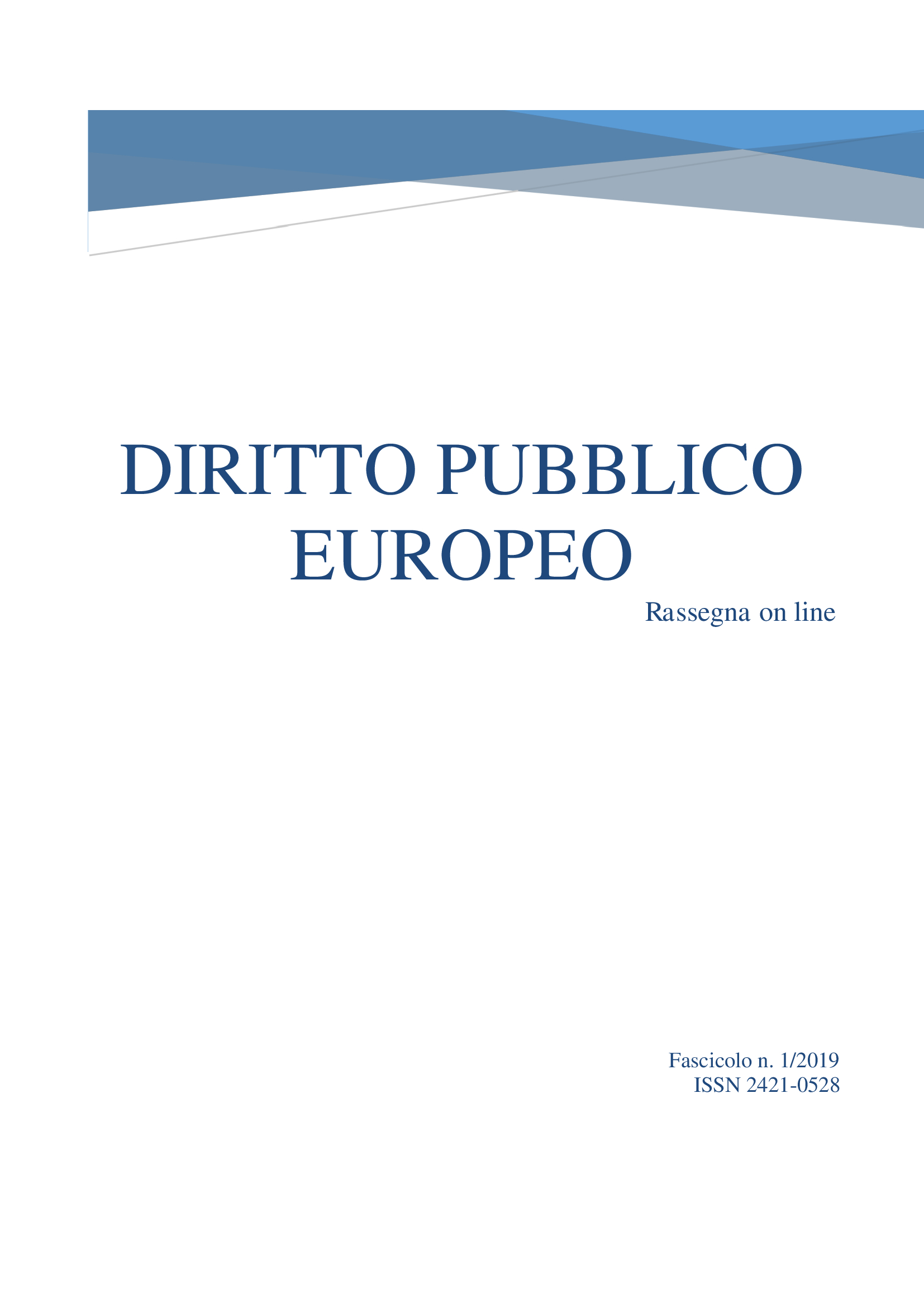Investor state dispute settlement: profili di incompatibilità con il sistema democratico e la Costituzione, i diritti umani e lo sviluppo sostenibile
DOI:
https://doi.org/10.6092/2421-0528/6519Keywords:
ISDS, investimenti stranieri, democrazia, costituzione, diritti umani, sviluppo sostenibile, neoliberismoAbstract
International investment arbitration has become, since the end of the last century, a highly appreciated tool used by foreign investors, present in almost all bilateral investment treaties and commercial treaties with chapters dedicated to investments such as NAFTA, ECT, TTIP and CETA. However, the arbitration mechanism raises several doubts and criticisms, as its characteristics make it seem inconsistent with the requirements that the judicial system should have in a rule of law state, such as the impartiality and independence of the judges, or the transparency of the procedure and the possibility of access to documents. Moreover is not neglectable the weight on State’s funds: the fees due to arbitrators and counselors are very high, as well as the compensation paid to investors is extremely high. There are therefore numerous frictions: with constitutional and democratic principles; with international human rights law; with a model of sustainable development for future generations


